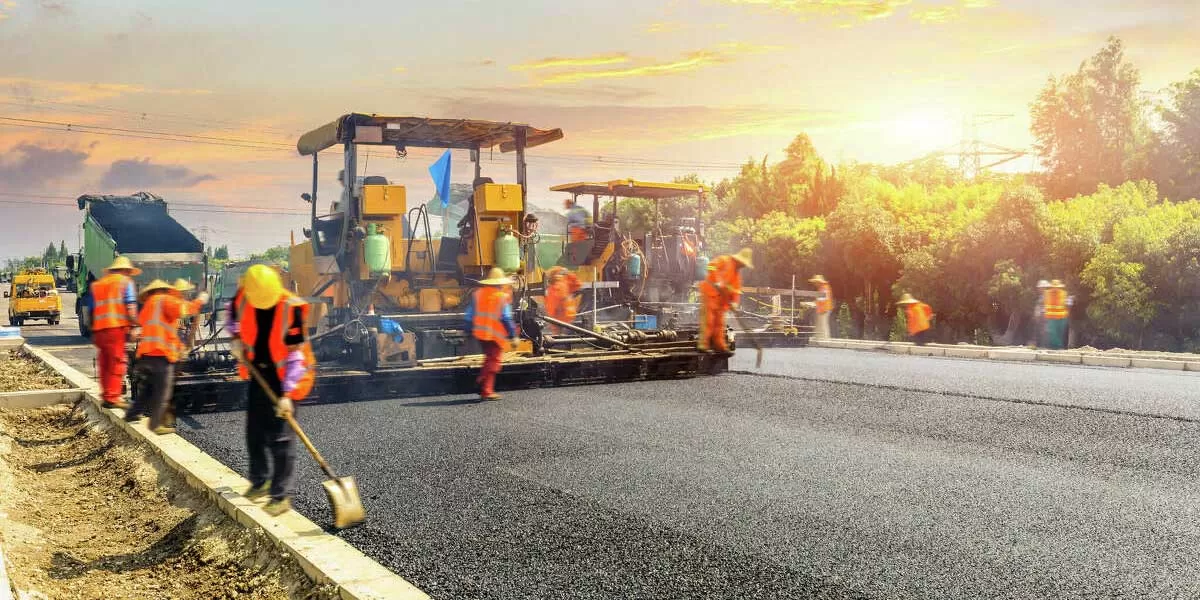Experts have raised concerns that this resolution could impose a heavy financial burden on the residents of Belagavi for years to come. Furthermore, they pointed out that if the BCC compensates landowners in this case, it may be obligated to do so in other similar cases as well, potentially leading to a financial outlay of around Rs 1.5 billion to Rs 1.7 billion. Social workers have suggested that the authorities should abandon the road project and return the land to its original owners to prevent further financial strain on the BCC.
Former MLA and mayor, Ramesh Kudachi, has stated that the BCC should comply with court orders but must also hold accountable those officials responsible for making the illegal decisions, recovering the compensation from them. Kudachi explained that during the administrative period between 2019 and 2022, when there was no council body, the BCC commissioner issued a no-objection certificate (NOC) to Belagavi Smart City Limited (BSCL) to proceed with the project. However, it remains unclear whether the NOC was issued for land acquisition or the road's construction in 2021. Regardless, the road was built without following the necessary legal process for land acquisition.
Kudachi further noted that the BCC commissioner lacked the authority to transfer land or issue an NOC for the road construction, as these powers rest solely with the council body or the state cabinet. He also questioned the rationale behind building an 80ft wide road in Shahapur, particularly since the area does not experience significant traffic congestion.
Social worker Sujit Mulagund recommended that since the road was built illegally, the land should be returned to its rightful owners to avoid pushing the BCC towards insolvency. He warned that if this is not done, the residents of Belagavi could face long-term challenges. Mulagund also submitted a memorandum to Deputy Commissioner Mohammad Roshan on the matter on Tuesday.


